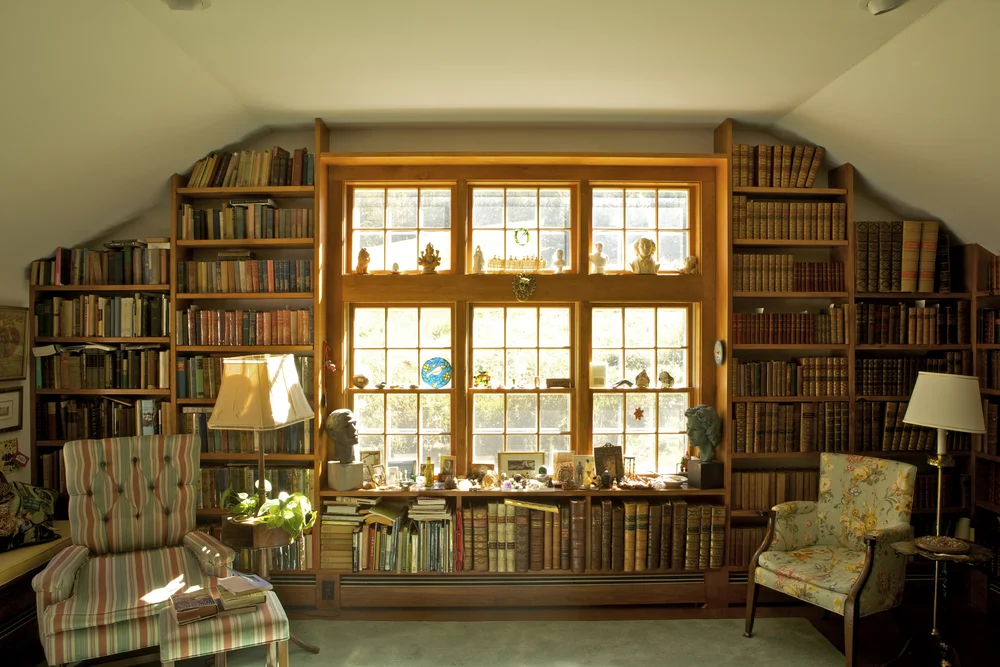Buechner recalls a Da Vinci reproduction that greatly impressed him as a boy:
BUT OF ALL OF them, the one I remember best turns out not to be in Craven's book at all, but some other collection that must have come my way at the same time, and that is a pastel of the head of Jesus that Leonardo da Vinci did as a study for The Last Supper. The head is tipped slightly to one side and down. He looks Jewish. He looks very tired. Some of the color has flaked away. His eyes are closed. That was the face that moved me and stayed with me more in a way than all the others, though not because it was Jesus' face, as far as I can remember, but just because it seemed the face of a human being to whom everything had happened that can happen. It was a face of great stillness, a face that had survived.
It was as if in the picture I caught a glimpse of someone whose presence I noted in a different way from the others. In the case of Hogarth's shrimp girl, for instance, what delighted me was the sense of seeing in her astonished young face a beauty that I had never seen anywhere else. In the case of Da Vinci's Jesus, on the other hand, what haunted me was so strong a feeling of the painter's having in some unimaginable way caught the likeness just right that it was as if, without knowing it, I had already seen deep within myself some vision of what he looked like or what I hoped he looked like on the basis of which I could affirm the picture's authenticity. I had come across many other representations of Jesus' face in my day, but this was one that I could somehow vouch for, and although I set it aside and gave no special thought to it, somewhere in the back of my mind I seem always to have kept track of it as though to have a way of recognizing him if ever our paths happened to cross again.
- Originally published in The Sacred Journey

